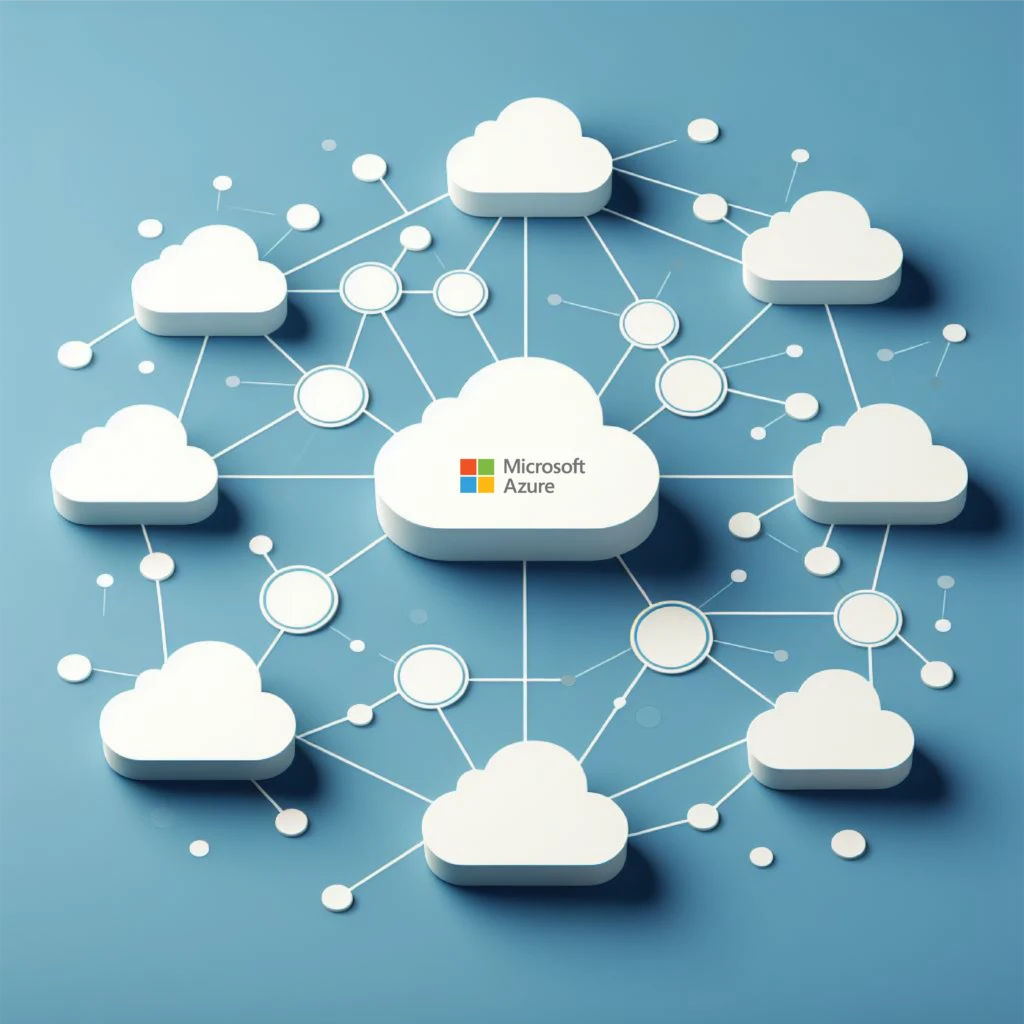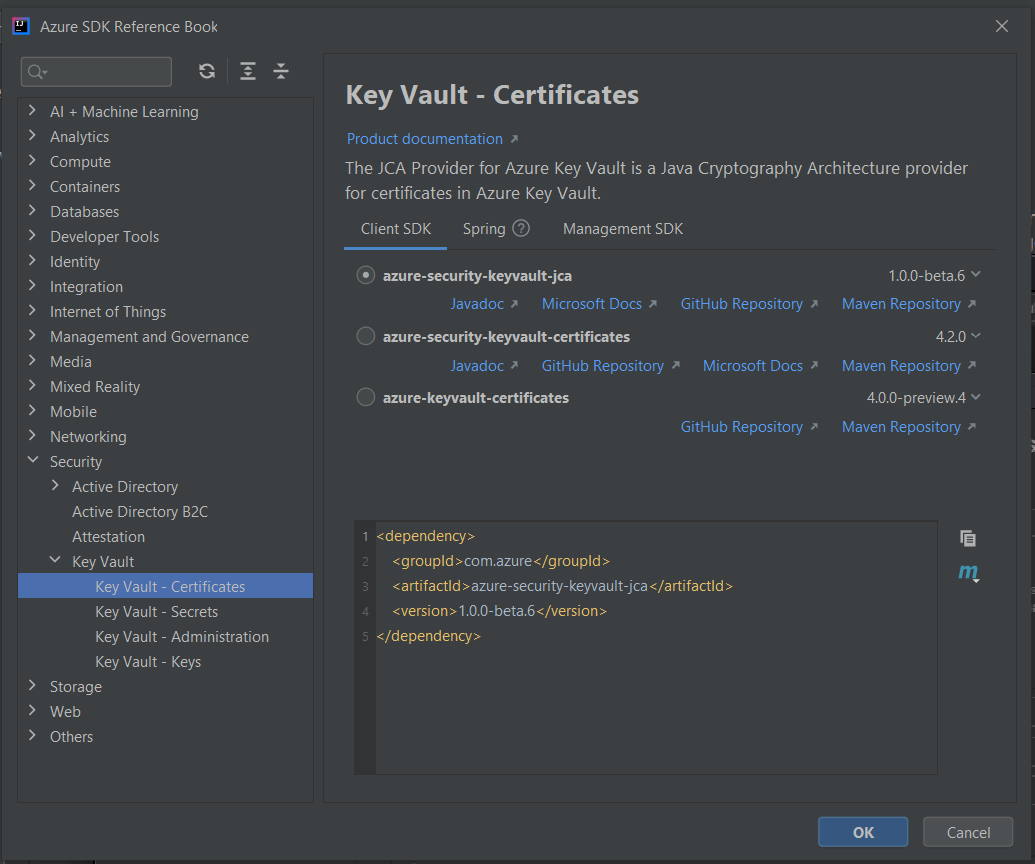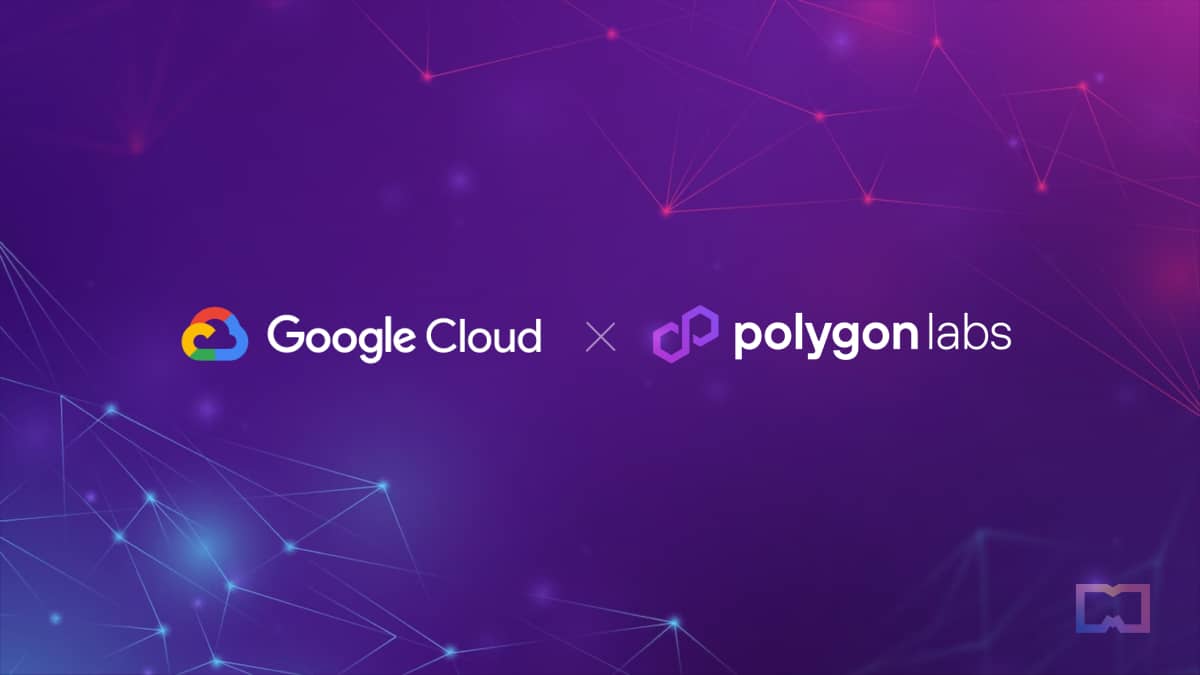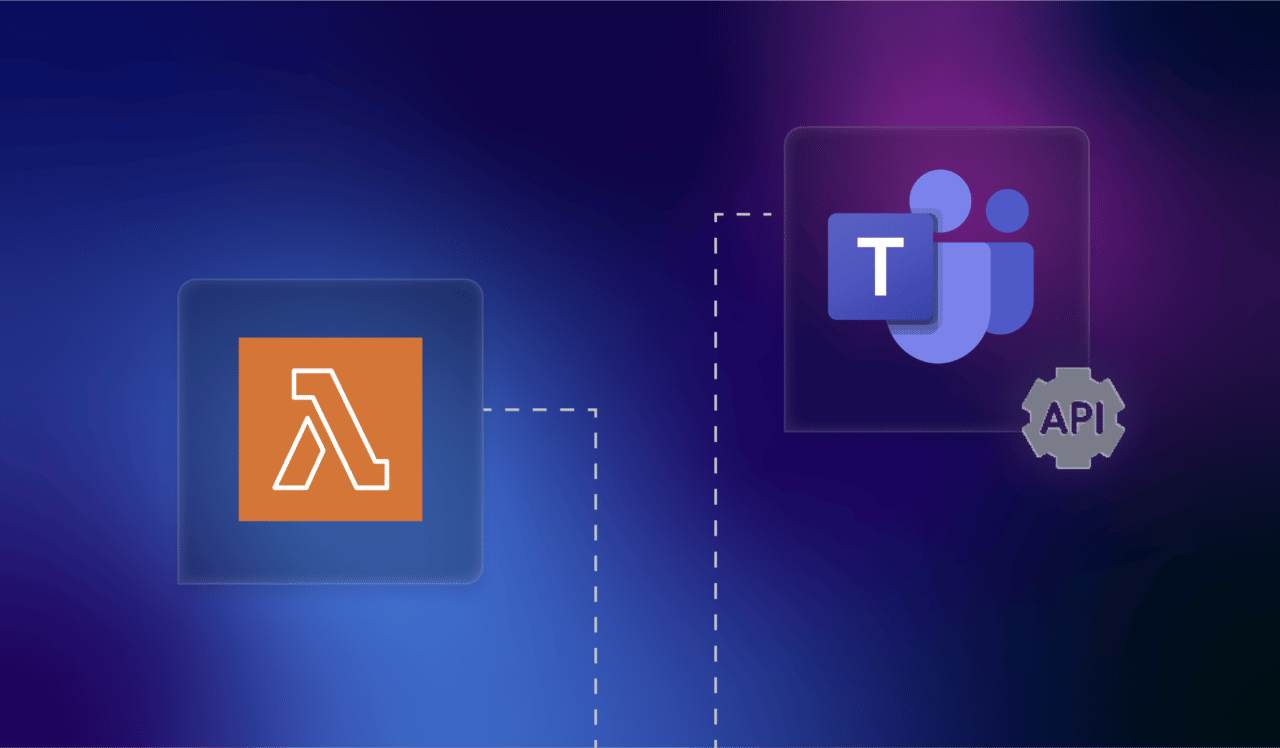Cloud Computing Technologies Mega Comparison: How to choose the Right Platform
Cloud computing technologies have transformed how businesses manage their infrastructure, offering flexible, scalable, and cost-effective solutions. However, selecting the right cloud platform involves understanding the key differences among the major providers, such as AWS, Microsoft Azure, and Google Cloud. This article will explore the various aspects of cloud computing platforms, comparing their strengths, features, and use cases to help organizations make informed decisions.
Cloud Platforms Available



1. Overview of Cloud Computing Technologies
Cloud computing technologies provide access to IT resources over the internet, allowing businesses to replace traditional on-premises infrastructure. The leading cloud providers—Amazon Web Services (AWS), Microsoft Azure, and Google Cloud—offer services such as computing power, storage, and networking. Each platform has its unique features, pricing models, and service levels, making it crucial to assess them carefully when choosing a provider.
2. Amazon Web Services (AWS) Overview
AWS is the largest and most established cloud platform, offering a broad range of services to enterprises and startups alike. Its extensive infrastructure includes over 200 services across computing, storage, databases, AI, and more. AWS is renowned for its reliability, global presence, and flexibility. It is often the go-to platform for companies seeking robust cloud solutions, especially for large-scale and complex projects.
3. Microsoft Azure Overview
Microsoft Azure is a comprehensive cloud platform that provides services for computing, networking, and storage, along with advanced tools like AI and machine learning. Azure's integration with Microsoft products, such as Windows Server, SQL Server, and Microsoft 365, makes it an attractive option for businesses already using Microsoft technologies. Azure's hybrid cloud capabilities are also a significant strength, offering flexibility in managing both cloud and on-premises environments.
4. Google Cloud Overview
Google Cloud is a relative newcomer compared to AWS and Azure, but it has gained traction due to its expertise in data analytics, machine learning, and AI. Google Cloud excels in providing advanced data processing tools and services tailored to organizations needing cutting-edge analytics capabilities. Google Cloud also emphasizes open-source solutions and offers competitive pricing, making it a preferred choice for startups and developers focused on innovation.
5. Computing Power: AWS vs. Azure vs. Google Cloud
When it comes to computing power, AWS offers the most extensive variety of instances through its Elastic Compute Cloud (EC2), with options for different CPU, memory, and GPU configurations. Microsoft Azure's Virtual Machines provide similar flexibility, and it is particularly strong in enterprise applications. Google Cloud's Compute Engine is a strong competitor, excelling in cost-effectiveness and performance optimization for specific workloads, like big data and AI.
6. Storage Solutions: Comparing the Big Three
Storage is a crucial component of any cloud platform, and AWS, Azure, and Google Cloud each offer different approaches. AWS provides Simple Storage Service (S3), a scalable object storage solution that is highly durable and flexible. Azure Blob Storage is Microsoft's equivalent, with seamless integration into the Azure ecosystem. Google Cloud Storage is optimized for performance and pricing, making it an excellent choice for data-heavy applications like machine learning.



7. Networking Capabilities Across Platforms
Networking in the cloud involves connecting resources across regions, ensuring secure and fast communication between servers. AWS provides Virtual Private Cloud (VPC), which allows users to isolate sections of their cloud infrastructure for enhanced security. Azure's Virtual Network (VNet) offers similar capabilities, integrating well with on-premises networks. Google Cloud's Virtual Private Cloud is designed for high performance, with advanced routing and load-balancing features.
8. Pricing Models: AWS, Azure, and Google Cloud
Pricing models vary significantly between cloud providers. AWS uses a pay-as-you-go model, with options for reserved instances for long-term commitments, offering significant discounts. Azure's pricing is similar, though its reserved instances provide even more savings for Microsoft-heavy environments. Google Cloud is often seen as more cost-effective, particularly for startups, as it offers competitive pricing and sustained-use discounts that reward consistent usage over time.
9. Machine Learning and AI Services
Machine learning and AI have become essential for many businesses, and each cloud provider offers robust tools in this area. AWS provides SageMaker, an end-to-end machine learning service that simplifies building, training, and deploying models. Azure's AI services, including Azure Machine Learning, are integrated into its ecosystem, making it ideal for businesses using Microsoft products. Google Cloud is a leader in AI with services like TensorFlow and AutoML, excelling in data processing and AI model deployment.
10. Data Analytics: A Critical Component of Cloud Technology
In terms of data analytics, Google Cloud's BigQuery stands out for its ability to analyze massive datasets quickly. It is a fully-managed data warehouse that excels in real-time analytics and machine learning integration. AWS offers Redshift for data warehousing and QuickSight for analytics, both of which are scalable and highly customizable. Azure provides Azure Synapse Analytics, a comprehensive analytics service that integrates with other Microsoft tools for seamless data processing.
11. Security Features: AWS, Azure, and Google Cloud
Security is a top concern for any organization moving to the cloud. AWS has a comprehensive security framework with features like Identity and Access Management (IAM), encryption, and compliance certifications. Azure also offers robust security tools, including Azure Security Center, which provides real-time threat detection and response capabilities. Google Cloud emphasizes privacy and security with features like encryption by default and custom machine learning models for threat detection.
12. Global Reach and Availability Zones
AWS has the most extensive global presence, with data centers in over 20 regions and more than 60 availability zones worldwide. This allows AWS to provide low-latency connections and ensure high availability. Azure is close behind, with data centers in over 60 regions, focusing heavily on providing services to enterprises in compliance-heavy industries. Google Cloud, while smaller in global reach, continues to expand rapidly and focuses on key regions with a strong network backbone.



13. Developer Tools and Ecosystem Support
All three cloud platforms offer a rich set of developer tools and SDKs. AWS provides CloudFormation for infrastructure as code, allowing developers to automate resource provisioning. Azure's DevOps suite integrates seamlessly with GitHub and Visual Studio, making it a popular choice for development teams. Google Cloud offers Kubernetes Engine (GKE) and a range of tools tailored to developers working with containerized applications and CI/CD pipelines.
14. Hybrid Cloud Capabilities Comparison
Hybrid cloud solutions allow organizations to combine public cloud services with on-premises infrastructure. Azure is the clear leader in this area with Azure Arc and Azure Stack, which provide seamless integration between on-premises and cloud environments. AWS has improved its hybrid capabilities with AWS Outposts, which extends AWS services to on-premises locations. Google Cloud offers Anthos, an open-source platform for managing hybrid cloud environments across multiple providers.
15. Compliance and Certifications
Compliance with industry regulations is essential for many businesses, especially those in finance, healthcare, and government. AWS leads in compliance certifications, covering everything from GDPR to HIPAA and SOC 2. Azure is similarly comprehensive, offering certifications for a wide range of industries. Google Cloud has made significant strides in compliance, offering robust frameworks for industries like finance, healthcare, and public sector, though it lags slightly behind AWS and Azure.
16. Container and Serverless Computing
Containerization and serverless computing are growing trends in cloud computing, enabling businesses to build more agile and scalable applications. AWS is a pioneer in this space with services like ECS (Elastic Container Service), EKS (Elastic Kubernetes Service), and Lambda for serverless computing. Azure offers Azure Kubernetes Service (AKS) and Azure Functions, which integrate well with its DevOps tools. Google Cloud, the creator of Kubernetes, leads in this domain with GKE and Cloud Run for serverless applications.
17. IoT Solutions Across Cloud Platforms
IoT is becoming increasingly important for businesses across sectors, and each cloud provider offers tailored solutions. AWS IoT provides a comprehensive suite of services for managing and analyzing IoT data. Azure IoT Hub is tightly integrated with Microsoft's ecosystem, making it ideal for businesses using Windows-based systems. Google Cloud's IoT Core is designed for large-scale data ingestion and processing, excelling in data-driven environments like manufacturing and logistics.
18. Managed Database Services Comparison
Managed databases are essential for modern cloud applications, and all three providers offer a wide range of options. AWS offers RDS (Relational Database Service) and DynamoDB for NoSQL databases, providing scalability and flexibility. Azure’s managed database services include Azure SQL Database and Cosmos DB, which excel in global distribution and multi-model support. Google Cloud provides Cloud SQL and Firestore, with a strong emphasis on real-time data processing.



19. Serverless Platforms: AWS Lambda, Azure Functions, and Google Cloud Functions
Serverless computing allows developers to run code without provisioning or managing servers. AWS Lambda is the most widely adopted serverless platform, with support for multiple languages and deep integration with AWS services. Azure Functions is similarly powerful, with strong integration into the Microsoft ecosystem. Google Cloud Functions is known for its simplicity and cost-effectiveness, making it a popular choice for event-driven applications.
20. DevOps and CI/CD Integration
Each platform offers DevOps tools that streamline development and deployment workflows. AWS offers CodePipeline for continuous integration and deployment (CI/CD) and CodeBuild for automating builds. Azure DevOps integrates deeply with Visual Studio and GitHub, making it ideal for developers already using Microsoft tools. Google Cloud's DevOps offerings, including Cloud Build and Cloud Source Repositories, are tailored for developers working with containerized applications and Kubernetes.
21. Data Migration Services
Migrating data to the cloud can be complex, and each provider offers services to ease the process. AWS Data Migration Service (DMS) allows businesses to migrate databases and other resources to AWS with minimal downtime. Azure offers Azure Migrate, a centralized hub for managing cloud migrations, with a focus on hybrid cloud deployments. Google Cloud’s Migrate for Compute Engine and BigQuery Data Transfer Service simplify the process of moving data to its platform, with tools for large-scale transfers.
22. AI-Powered Cloud Services
AI services are a crucial differentiator in cloud computing. AWS offers a range of AI-powered services through AWS AI, including natural language processing (NLP), speech recognition, and vision services. Azure AI provides similar capabilities with services like Azure Cognitive Services and Azure Machine Learning. Google Cloud AI is a leader in this space, offering tools like AutoML and Vertex AI, which are designed to simplify the creation and deployment of machine learning models.
23. PaaS Services: AWS Elastic Beanstalk vs. Azure App Service vs. Google App Engine
Platform as a Service (PaaS) allows developers to deploy applications without managing the underlying infrastructure. AWS Elastic Beanstalk automates deployment, scaling, and management of applications. Azure App Service offers similar functionality, with deep integration into Microsoft's ecosystem. Google App Engine is known for its ease of use, offering developers a fully managed platform for building and deploying web and mobile applications.
24. High-Performance Computing (HPC) in the Cloud
High-performance computing (HPC) enables businesses to run complex simulations, data analysis, and scientific research. AWS provides a range of HPC services, including EC2 instances optimized for compute-intensive workloads and Elastic Fabric Adapter for low-latency networking. Azure offers Azure Batch for large-scale parallel processing and HPC-optimized virtual machines. Google Cloud's HPC solutions focus on scalability and performance, with support for custom machine types and specialized GPUs.

25. Multi-Cloud Management Tools
As more businesses adopt multi-cloud strategies, managing resources across different platforms has become a key challenge. AWS offers AWS Outposts for hybrid deployments and AWS Control Tower for multi-account management. Azure provides Azure Arc, a tool that extends Azure services to other clouds and on-premises environments. Google Cloud's Anthos offers multi-cloud management, with a focus on Kubernetes and open-source solutions, making it ideal for businesses with complex multi-cloud architectures.
26. Cloud Storage Pricing: AWS S3 vs. Azure Blob vs. Google Cloud Storage
When it comes to cloud storage pricing, AWS S3 is known for its flexibility and cost-effectiveness, with multiple tiers for different storage needs, including Glacier for long-term archiving. Azure Blob Storage offers similar pricing tiers, with a focus on integration with other Azure services. Google Cloud Storage is often seen as more competitive in pricing for data-intensive applications, especially with sustained-use discounts and simplified pricing structures.
27. Cloud Service Integration with Open-Source Technologies
Open-source technologies play a crucial role in cloud computing, and each provider has made efforts to integrate with popular open-source projects. AWS supports open-source databases like PostgreSQL and MySQL, and it contributes to various open-source projects. Azure's commitment to open-source is evident through its support for Linux and open-source DevOps tools. Google Cloud is deeply involved in the open-source community, particularly through its development of Kubernetes and TensorFlow.
28. Use Case Scenarios: AWS vs. Azure vs. Google Cloud
AWS is often chosen by large enterprises needing comprehensive cloud solutions for global scalability and flexibility. Azure is ideal for businesses heavily invested in Microsoft technologies, offering seamless integration with Windows and SQL Server environments. Google Cloud, with its focus on data analytics and machine learning, is a popular choice for startups, developers, and data-driven companies looking to innovate quickly.
29. Customer Support and Documentation
Customer support and documentation are essential considerations when choosing a cloud provider. AWS offers extensive documentation, tutorials, and 24/7 support with various pricing tiers. Azure also provides robust support and is known for its enterprise-grade SLAs and compliance offerings. Google Cloud has improved its support services, offering a range of support plans and detailed documentation, particularly for developers using its advanced data and AI tools.
30. Future Trends in Cloud Computing
The future of cloud computing is shaped by advancements in AI, machine learning, and edge computing. AWS continues to expand its services, with a focus on AI, quantum computing, and global infrastructure. Azure is enhancing its hybrid cloud and AI capabilities, positioning itself as a leader in enterprise cloud solutions. Google Cloud, with its strengths in data and AI, is focusing on making cutting-edge technologies more accessible to businesses of all sizes.



Conclusion
Choosing the right cloud platform depends on specific business needs. AWS offers unparalleled breadth and depth, Azure integrates seamlessly with Microsoft products, and Google Cloud excels in data and AI services. Each provider has strengths that cater to different use cases, so businesses should evaluate their requirements and priorities to select the best-fit platform. With the right choice, organizations can leverage cloud computing to drive innovation, agility, and scalability.